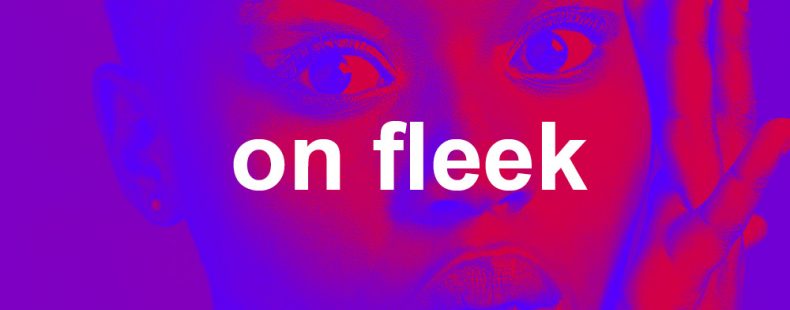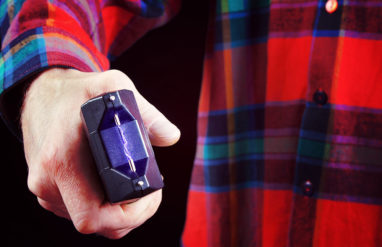In today, out tomorrow. Language is always evolving, and nowhere does this seem more apparent than in slang. Each year, each month, heck, even each day it seems like we’re introduced to some trendy new slang term.
Now, slang is famously unrecorded and short-lived. It doesn’t always pass the test of time. Is anyone saying (at least unironically) “excellent!”(à la Bill and Ted), the cat’s meow (1920s slang) or tubular (1980s slang)? A quick sociolinguistics lesson here: slang also begins in an in-group, often as a way of signaling its identity in distinction to an out-group. Sometimes that slang spreads and thrives in the mainstream, such as bad and cool (which are much, much older than you may realize).
Bur other times, as soon as slang is issued from the mouths of parents trying to sound hip or is discussed as “what the kids are saying these days” on the nightly news—well, RIP OK boomer.
The internet and social media seem to be generating and bringing to our attention new slang terms like never before. At the same, some slang terms have so much sudden time in the spotlight that we’ve made them into one-hit wonders. So, let’s look into our slang crystal ball: will these recent slang terms go the way of the cat’s meow, or will they be sticking around for the time being?






















